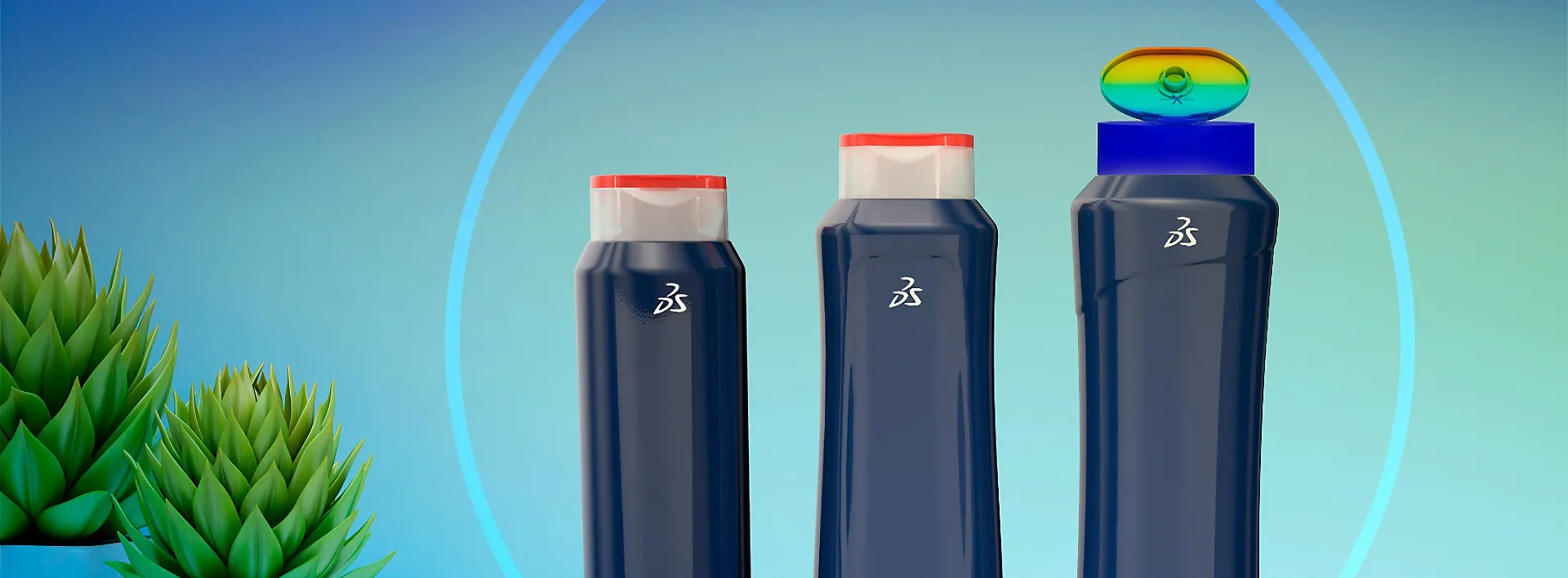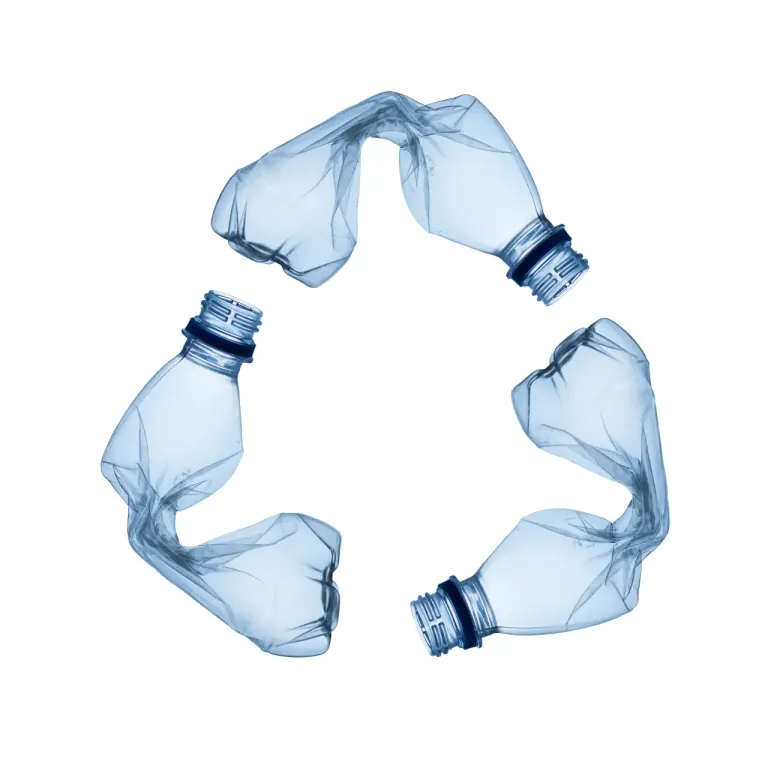SIMULIA Consumer Packaged Goods - Retail Solutions
Simulation with Dassault Systèmes SIMULIA products help companies make packaging that is stronger, lighter, cheaper and more sustainable.
Why Does the Consumer Packaged Goods and Retail Industry Need Simulation Software?
To ensure safe delivery from factory to consumer, packaging must withstand impacts, vibration, and temperature extremes while balancing cost, weight, and environmental impact. Simulation allows companies to assess packaging strength during handling and transportation, reducing the need for physical prototypes. A “virtual twin” simulates common tests like top load and drop performance, enabling weight optimization and the use of eco-friendly materials. Simulation also helps manufacturing engineers optimize processes like plastic injection molding, minimizing defects and reducing packaging failure. It supports sustainability goals by allowing companies to assess material changes, ensuring quality without compromising cost or environmental impact.
Key Benefits of SIMULIA Consumer Packaged Goods - Retail Solutions
Time Efficiency
Reduce physical testing, iterate faster, cut time-to-market
Improved Performance and Safety
Evaluate real-world performance, ensure robustness and compliance
Design Optimization
Identify the most efficient and cost-effective designs and reduce material usage
Cost Reduction
Reduce expensive prototypes, minimize material waste, and optimize production processes
Circular Product Packaging Design
With the increased focus on sustainability and the environment, there is increased pressure to move from a linear economy – where there is a one-way flow from raw materials to product to waste – to a circular economy – where the output can become the input and consumption and waste are reduced.
Dassault Systèmes’ simulation solutions support circular design goals. Packaging managers and designers can compare the impact of different materials and manufacturing methods on the strength and integrity of the packaging to find low-impact solutions.
Delivering on Sustainability Targets
Customer demand, ESG investment, and regulations make sustainability essential in packaging design. Typical sustainability KPIs include total weight, percentage of recycled materials, recyclability, and energy/water use in manufacturing. Designers have to meet these goals without compromising on other areas like robustness or water resistance.
Simulation tools help speed up the design process and enable early, informed decisions. With simulation optimization, designers can balance competing objectives and exceed sustainability targets. Machine learning on the 3DEXPERIENCE platform allows users to instantly analyze packaging integrity and explore design options to find the best solution.
MODSIM - a Key Technology for the Digital Transformation of CPG Companies
To maximize simulation's potential, packaging managers and designers need quick, reliable results to integrate simulation into development without waiting for physical prototypes. Dassault Systemes’ 3DEXPERIENCE platform offers MODSIM, which combines CAD and CAE into streamlined workflows that can be accessed via web browsers, including mobile devices. This allows anyone, even non-experts, to utilize simulation results. MODSIM fosters sustainable innovation in the Consumer Packaged Goods (CPG) industry by enabling rapid design, testing, and optimization of products and processes. It can also integrate deeply into development functions like project and test management, ensuring all requirements are met through virtual testing.
Dassault Systemes further supports digital transformation with Virtual Twins as a Service (VTaaS) using MODSIM technology.
Simulation Values for the CPG Industry
Simulation is vital for sustainable innovation in the Consumer Packaged Goods industry, enabling companies to optimize processes, reduce resource use, and enhance product efficiency. By using virtual prototypes, companies can quickly iterate designs and foster innovation without the costs of physical testing. Simulation helps explore sustainable materials, shapes, and manufacturing processes, allowing for trade-off studies to address conflicting KPIs. This leads to packaging solutions that use less material, are easier to recycle, and reduce transport emissions. Ultimately, simulation aids in achieving sustainability goals, boosts competitiveness, and meets consumer demand for eco-friendly products, saving thousands of tons of material annually.
Simulation Solutions for Rigid Packages
Most rigid primary packages are made of plastic material. The simulation of the structural behavior of these packages can start with the manufacturing process of the single unit itself, up the whole value chain, from production line and distribution up to the end consumer usage. Some common scenarios for simulation of rigid packages include top load, squeeze, inner pressure or vacuum, capping/uncapping, lid opening or drop of a filled and capped bottle.
SIMULIA technology can also simulate manufacturing processes for plastics like injection, stretch or extrusion blow molding as well as thermoforming.
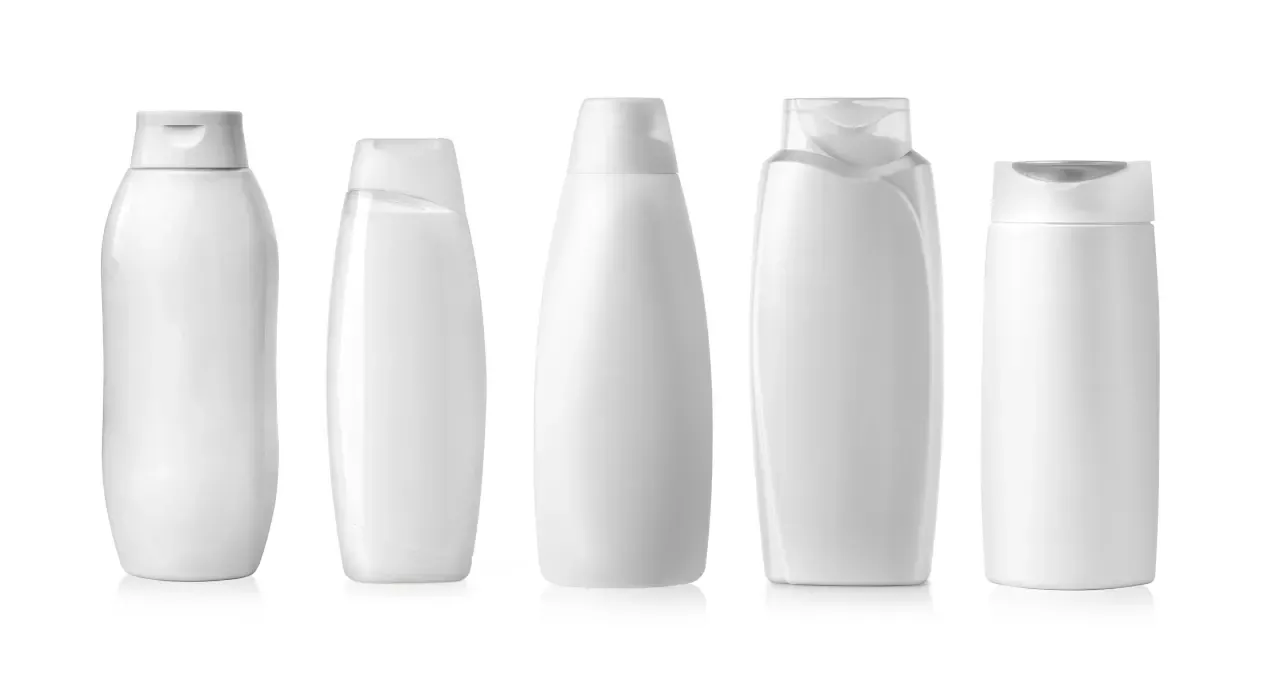
Simulation Solutions for Flexible Packages
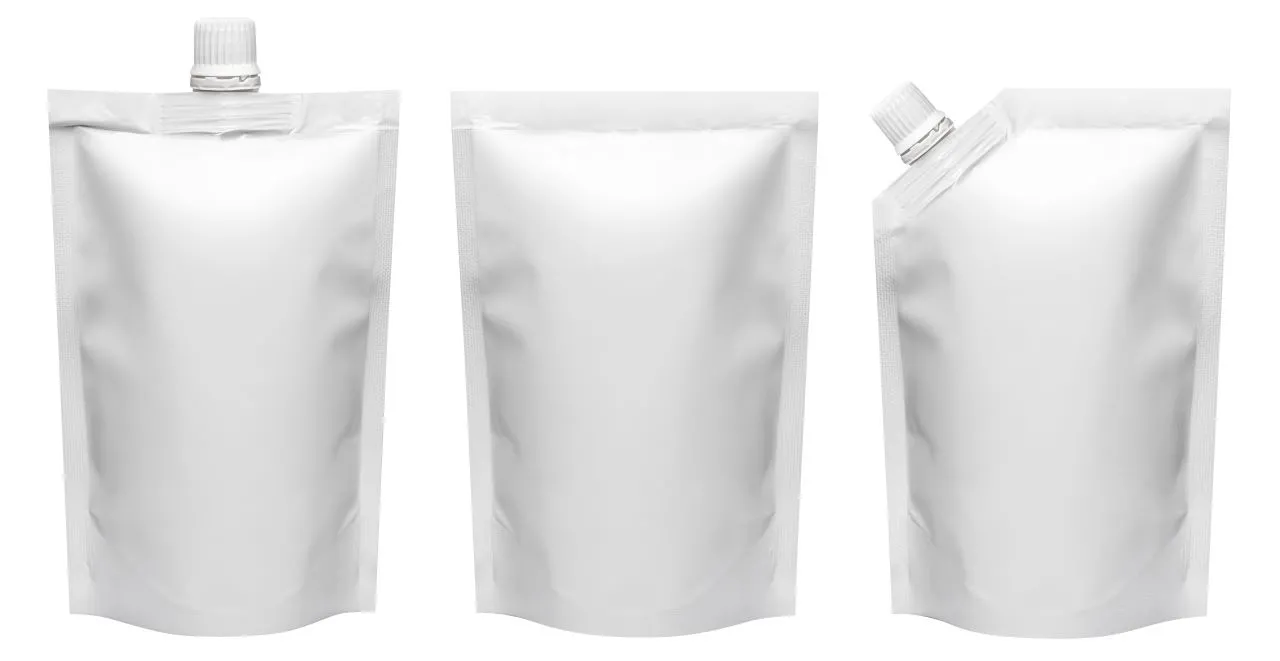
The simulation of flexible primary packages focuses on the performance of the single pouch. The structural integrity of a flexible package for typical scenarios like drop tests is mainly determined by the film material as well as the seal strength. Nowadays, because of planned regulatory changes due to recyclability, companies need to move away from frequently used multimaterial to monomaterial multilayer films. The behavior of the films is driven by many parameters in production process itself, such as material selection for the different layers, layer and overall film thicknesses, and manufacturing process parameters like velocity, temperatures and sealing heating and cooling times. Simulation can model the filling, sealing and dropping of single pouch, allowing designers to optimize manufacturing processes.
Simulation Solutions for Paper Based Package Design
Paper is biodegradable, renewable, and recyclable, making it an ideal material for packaging in a world increasingly conscious of environmental impact. However, designing paper-based packaging that balances performance, cost-effectiveness, and sustainability can be challenging. Simulation tools offer a way to tackle these challenges by enabling virtual testing and refinement of packaging designs.
For reliable structural simulation of paper-based materials, accurate mechanical properties like stiffness, strength, and elasticity as well as anisotropic behavior due to fiber orientation are essential to get a good prediction of how paper packaging reacts to forces such as compression, impact, and vibration. By predicting how a box or carton will behave under different conditions, manufacturers can optimize material use, ensuring that the design offers sufficient strength without wasting resources.
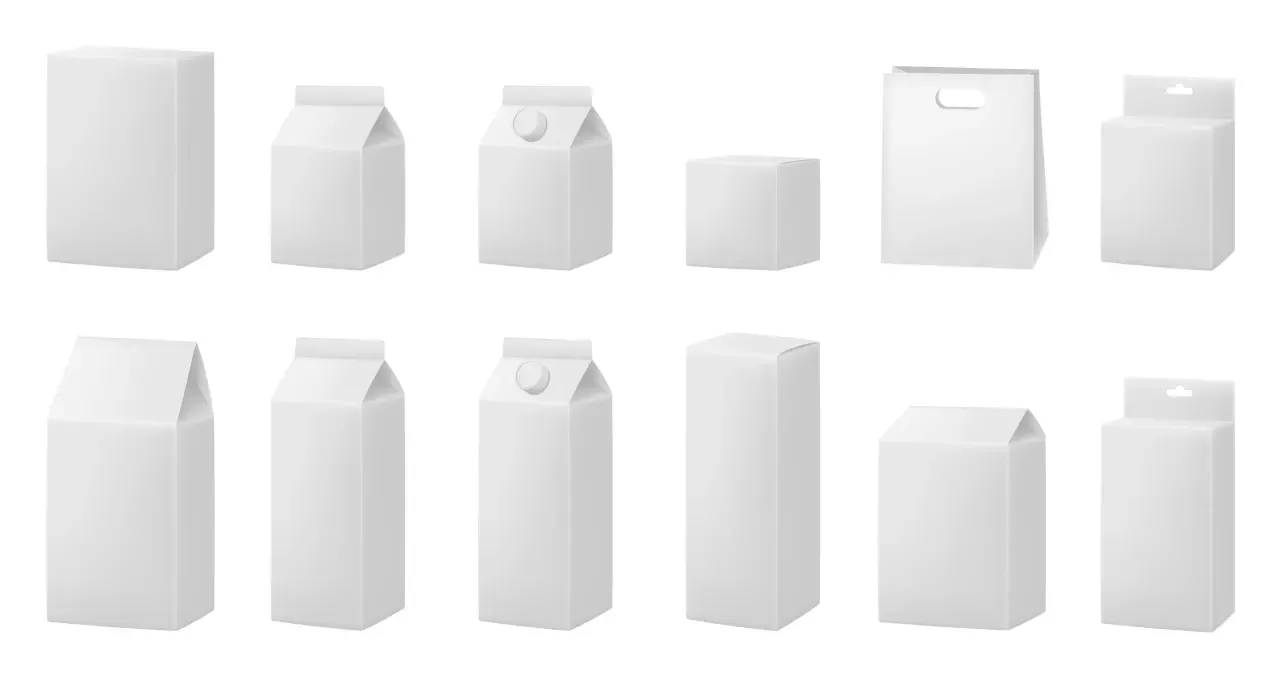
Simulation Solutions for Palletized and e-Commerce Distribution
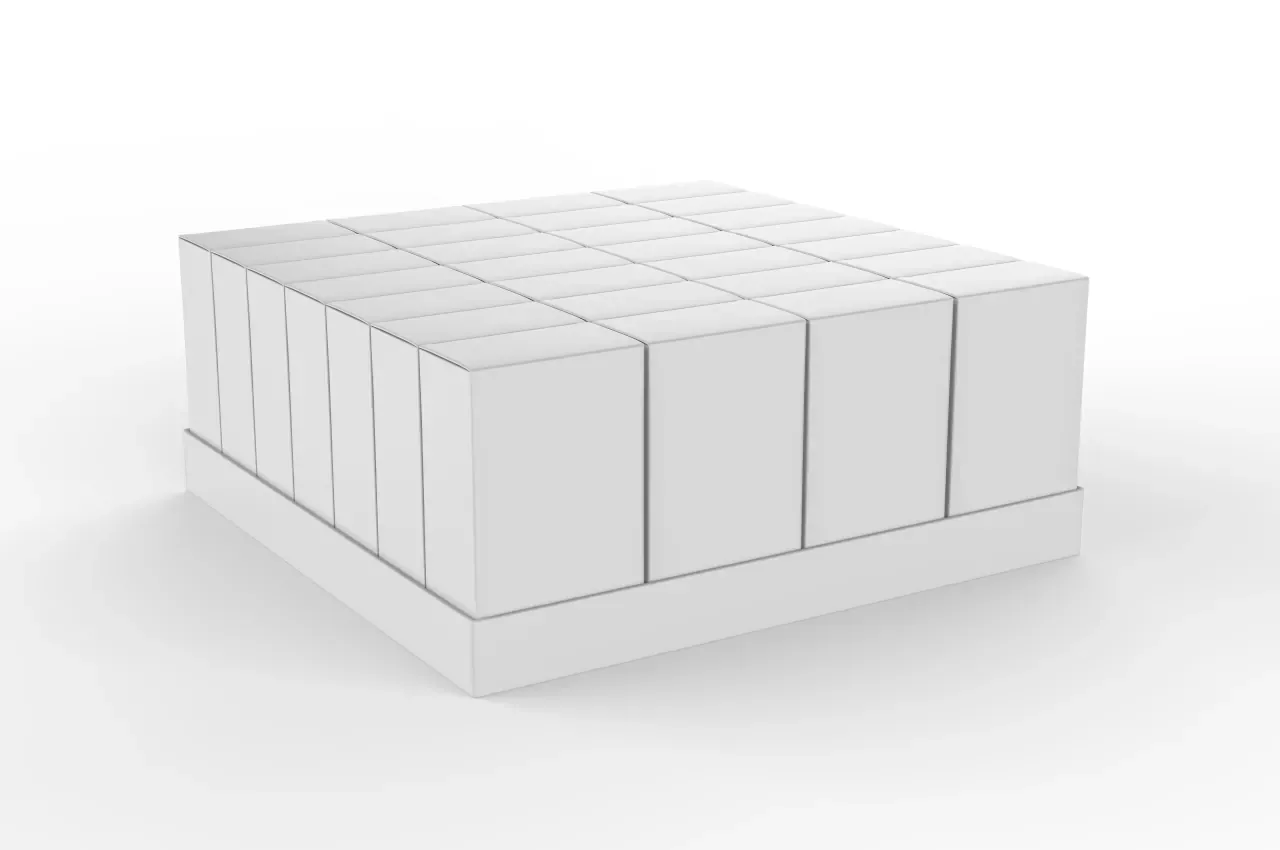
Secondary packages are used to group primary packages to traded units for easier handling, transportation, and protection, and are mainly made of corrugated cardboard or plastic material.
The secondary package needs to withstand the load of multiple packages stacked on top, as well as vibrations, shock loads and drops.
Pallets bundle and protect the secondary packages. Simulation models for palletized distribution include detailed and precise models of the components like pallets, straps or wrapping films, where the nonlinear material behavior like plasticity, viscoelasticity or damage criteria need to be considered, and typical scenarios are dynamic short term events like acceleration/deceleration, cornering and drop or shock load.
MODSIM applications in the CPG industry
MODSIM drives sustainable innovation in the Consumer Packaged Goods (CPG) industry and helps to quickly design, test, and optimize products and processes virtually. In easy-to-use web based applications, non-expert users can execute highly repetitive standard tasks like bottle light weighting or box compression test from any web browser.
By using virtual twins and simulations, MODSIM allows for the exploration of eco-friendly materials, more efficient packaging, and smarter production methods, all while minimizing physical prototyping and trial-and-error. It helps reduce waste, energy consumption, and resource use throughout the product lifecycle, and accelerates innovation while meeting sustainability goals. The extended use of simulation already unlocks a lot of potential and helps customers to save thousands of tons of material per year. Dassault Systemes also offers Virtual Twins as a Service (VTaaS) using MODSIM technology.
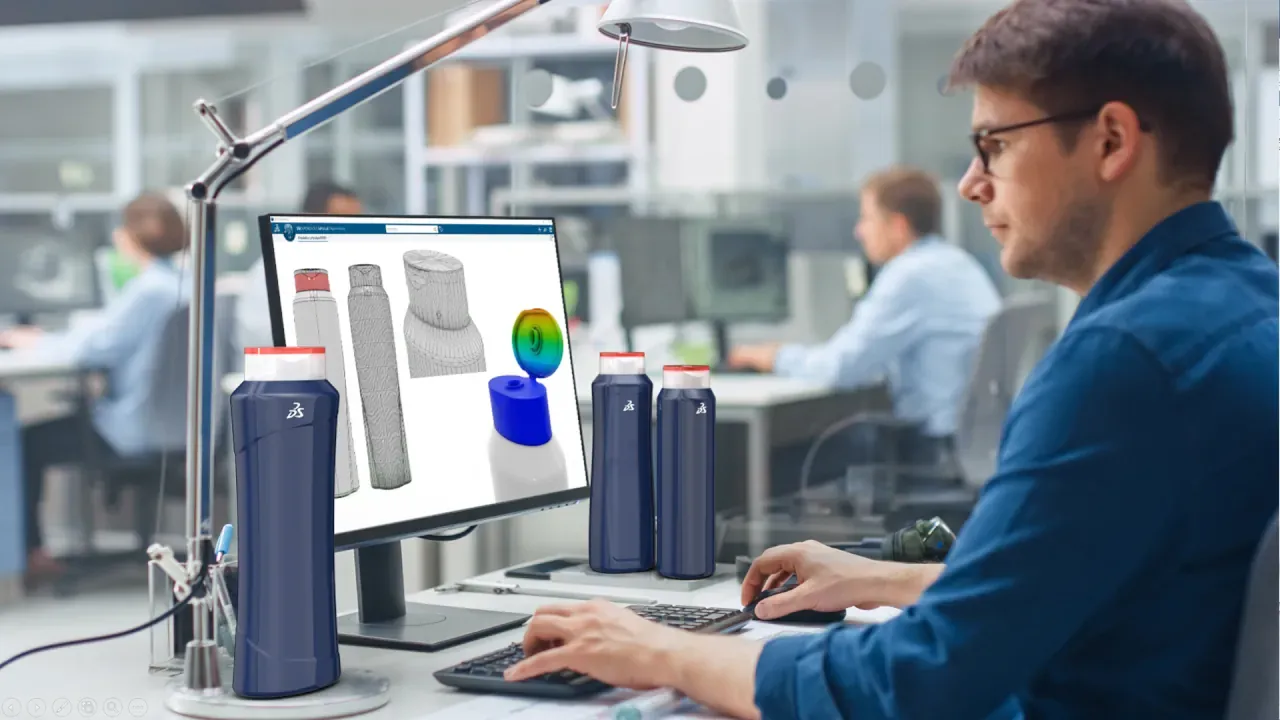
SIMULIA Industry Solutions for Consumer Packaged Goods - Retail
In the CPG & Retail industry, shifting consumer behavior along with growing complexity, make it more challenging than ever to drive sustainable growth. Today’s consumers in the Consumer Packaged Goods (CPG) - or sometimes referred to as fast-moving-consumer-goods (FMCG) - and Retail industry are no longer concerned with just product quality and price, they now want to be part of a collaborative product experience.
Start Your Journey
The world of Consumer Packaged Goods - Retail Solutions is changing. Discover how to stay a step ahead with SIMULIA.
FAQs about Consumer Packaged Goods - Retail Solutions
Also Discover
Learn What SIMULIA Can Do for You
Speak with a SIMULIA expert to learn how our solutions enable seamless collaboration and sustainable innovation at organizations of every size.
Get Started
Courses and classes are available for students, academia, professionals and companies. Find the right SIMULIA training for you.
Get Help
Find information on software & hardware certification, software downloads, user documentation, support contact and services offering
